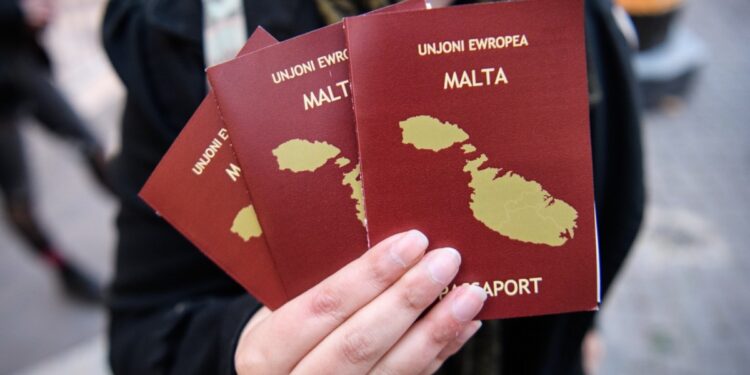10/5/2024–|Last updated: 10/5/202412:27 AM (Mecca time)
The European Court of Justice issued a decision supporting programs that grant “golden passports” to wealthy investors, considering that European law does not prevent the state of Malta from granting citizenship to wealthy foreigners in exchange for financial investments, according to what Bloomberg reported, a decision that may affect similar programs in several European countries. .
The European Court announced that the Malta program – which allows the wealthy to obtain citizenship in exchange for a sum of money – does not violate European Union laws.
The court’s general counsel, Anthony Collins, confirmed that the European Commission failed to provide sufficient evidence to prove that EU laws require the existence of “genuine ties” between the member state and the passport applicant.
He pointed out that each country in the European Union has the right to determine who is entitled to its nationality, and thus European Union citizenship.
Maltese programme
The Malta investment program, known as the “Golden Passport,” requires a financial donation of no less than 600,000 euros ($661,590) to Malta. In addition, applicants are required to buy a home in the country and voluntary donations are encouraged.
The program gives investors the right to live and work in any of the European Union member states, attracting wealthy people from all over the world, including Russian oligarchs, celebrities and sports stars, according to the agency.
Controversy in Europe
The golden passport program in Malta sparked great controversy within the European Union, according to Bloomberg. The European Commission criticized the program as exposing the European Union to risks, such as money laundering and security threats.
In September 2022, the Commission filed a legal lawsuit against the Malta program, considering that “granting European Union citizenship in exchange for pre-determined financial payments” is not consistent with the principle of sincere cooperation stipulated in the Union’s laws.
Other European countries implementing similar programs to obtain citizenship or residency through investment include Portugal, Ireland, Greece, and Hungary, which began these programs in the wake of the European debt crisis to attract foreign investment.
Between 2011 and 2019, these programs resulted in financial gains exceeding 21 billion euros for participating countries, according to agency statistics.
Bloomberg indicates that the ruling will have a significant impact on citizenship and residency programs in Europe, especially with regard to determining the rules and standards that member states must adhere to when granting European Union citizenship.



